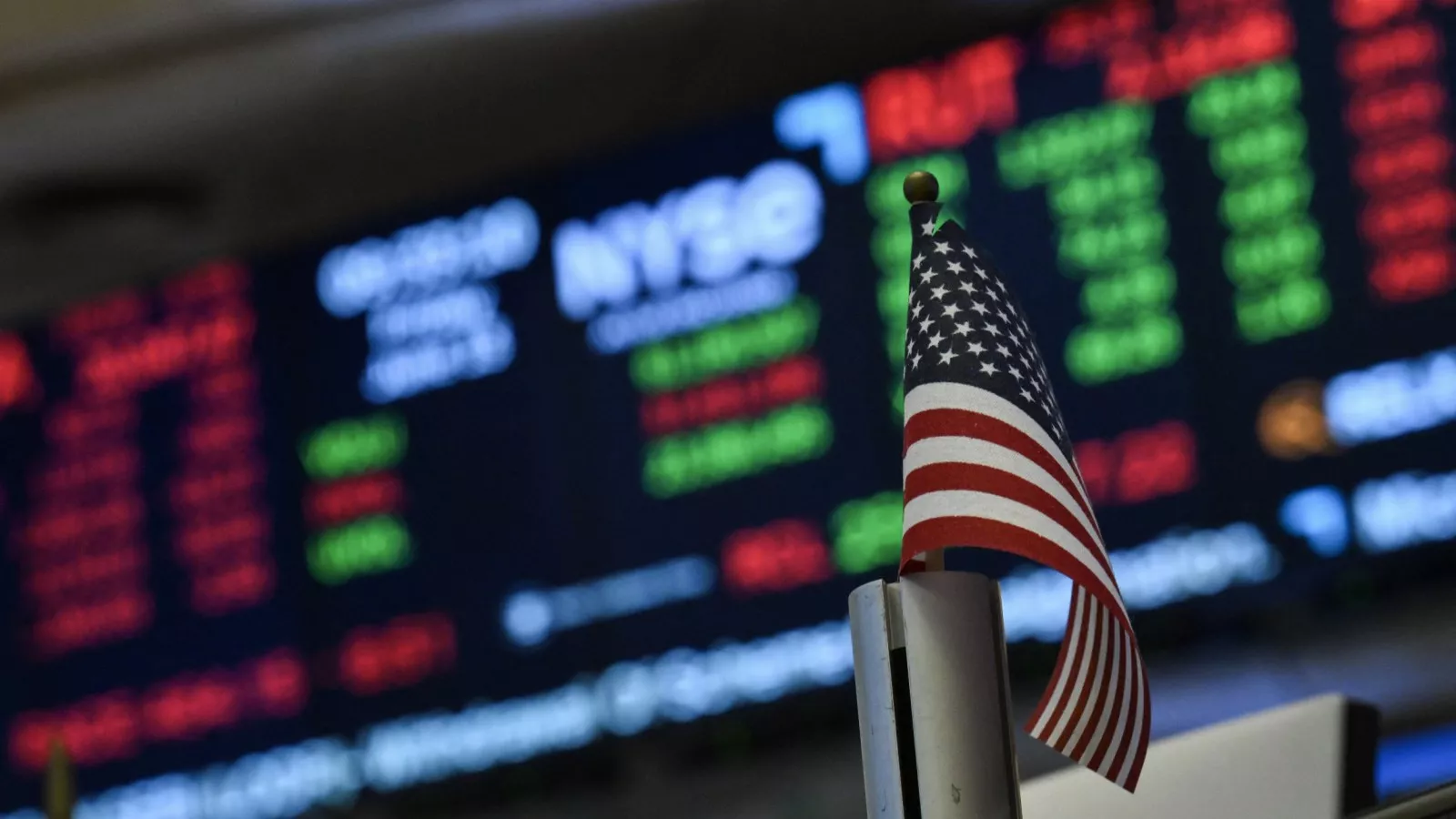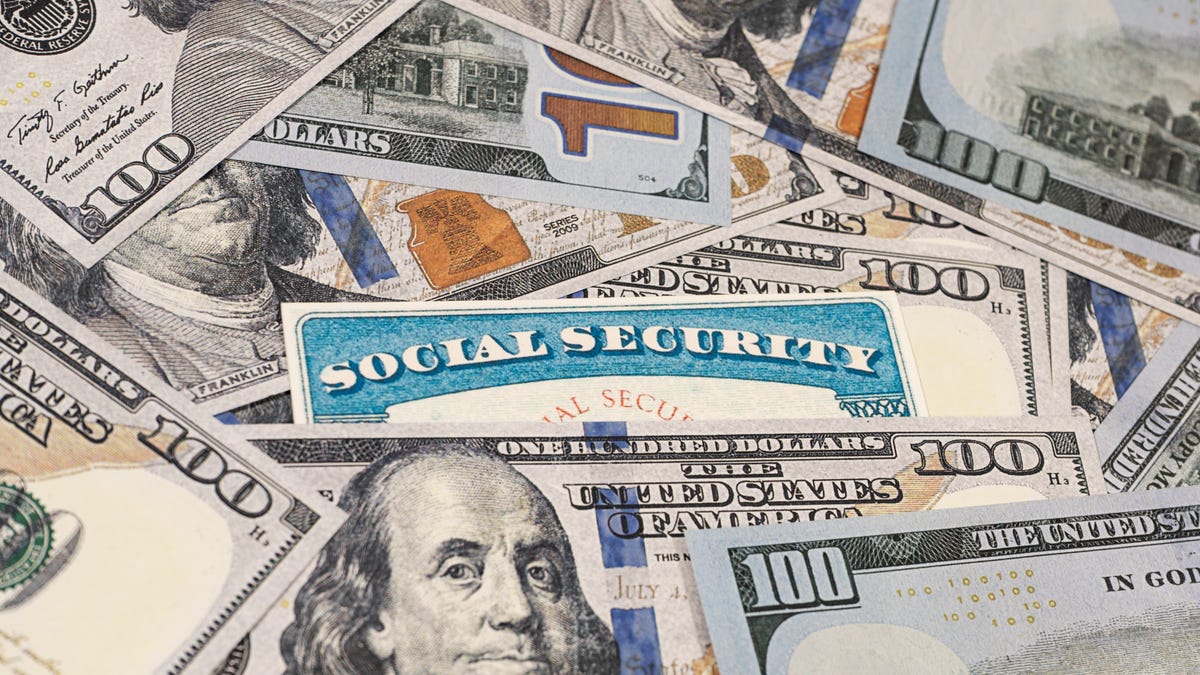
A new report has found that 25.5 percent of Americans fear a significant downturn or meltdown in the Wall Street financial markets, reflecting heightened anxiety about the U.S. economy.
The findings come amid increasing volatility in global markets, inflation-related concerns, and persistent interest rate uncertainty. These factors have contributed to a climate in which Americans report a growing lack of confidence in the stability of financial institutions and the long-term health of the economy.
Experts suggest that fears of a market collapse could be fueled by recent indicators of economic strain, including elevated household debt levels, concerns about a possible recession, and geopolitical instability. While Wall Street continues to show signs of resilience, the psychological impact of past crises—such as the 2008 financial collapse and the 2020 pandemic-induced downturn—continues to shape public sentiment, especially among more risk-averse investors.
Financial analysts urge caution but note that while market corrections are not uncommon, systemic collapses are less frequent and typically mitigated by regulatory measures and fiscal policies. Nevertheless, the data from the report underscores the importance of economic communication and policy transparency in managing public perception and maintaining confidence in markets.
As economic uncertainty remains a dominant theme, analysts recommend that individuals focus on diversified investment strategies and long-term planning rather than reactive decisions based on short-term fears. They also emphasize the value of financial education in helping Americans make informed choices in times of economic stress.
The report’s findings provide valuable insight into the current mood of the American public and may influence policymakers and financial institutions to prioritize stability measures aimed at restoring public trust in the financial system.
Source: https:// – Courtesy of the original publisher.








